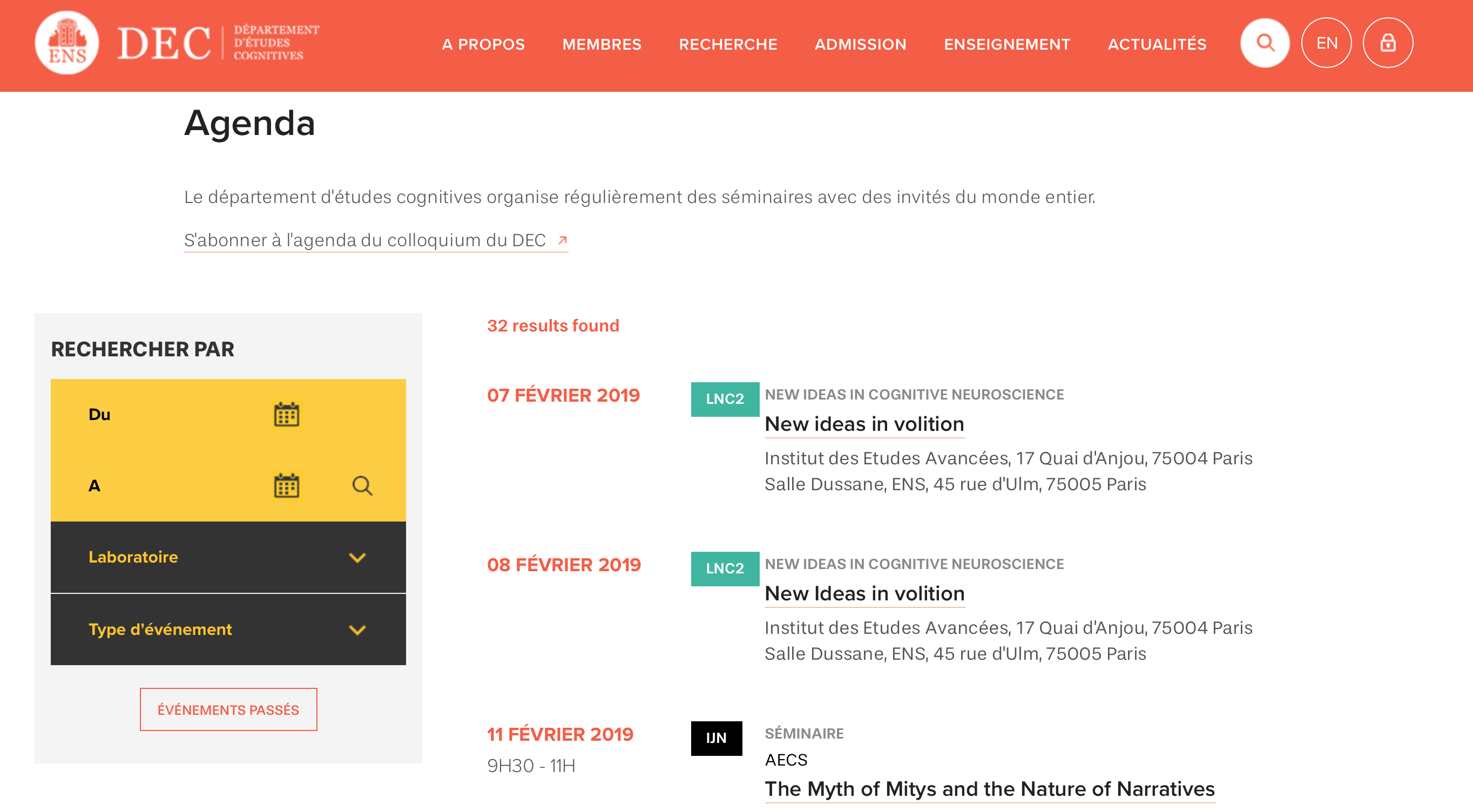AWARD
Stefano Palminteri has received the Education and Research Award from the Schlumberger Foundation
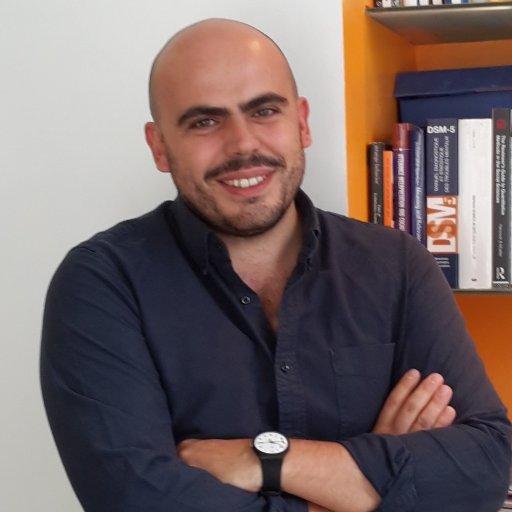 Stefano Palminteri is one of the winners
of the Schlumberger Foundation for Education and Research Award. As an INSERM researcher, he heads the Human Reinforcement
Learning team within the Laboratoire de Neurosciences Cognitives Computationnelles (LNC2) at the DEC. His work focusses
on learning and decision making.
Stefano Palminteri is one of the winners
of the Schlumberger Foundation for Education and Research Award. As an INSERM researcher, he heads the Human Reinforcement
Learning team within the Laboratoire de Neurosciences Cognitives Computationnelles (LNC2) at the DEC. His work focusses
on learning and decision making.
 One of the goals of the Schlumberger Foundation for Education and Research (FSER) is to support scientific research by developing several actions. Since 2000, the Foundation has presented annual awards to early career researchers who have demonstrated excellence in biomedical research. These awards are designed to help the young researchers in their early years to develop their own laboratories and extend their work. Since 2014, the FSER has created the FSER Circle, a network of researchers who have received one of these awards. The FSER Circle focusses on promoting fundamental research.
One of the goals of the Schlumberger Foundation for Education and Research (FSER) is to support scientific research by developing several actions. Since 2000, the Foundation has presented annual awards to early career researchers who have demonstrated excellence in biomedical research. These awards are designed to help the young researchers in their early years to develop their own laboratories and extend their work. Since 2014, the FSER has created the FSER Circle, a network of researchers who have received one of these awards. The FSER Circle focusses on promoting fundamental research.
The funding accompanied by the award will allow the Human Reinforcement Learning team to grow while bringing it wide-ranging visibility in the biomedical research arena. As a newly inducted member to the FSER Circle, Stefano Palminteri will be involved in outreach activities supported by the Foundation, such as the DECLICS program aimed at high school students.
"This award means a lot to me: it means that the behavioral and cognitive research conducted within my team are being recognized as important by experts in molecular biology, and that in turn confirms the interdisciplinary character of our department."
FSER circle website
Stefano Palminteri’s website
Human Reinforcement Learning team website
NOMINATION
Boris Gukin, new member of the 2019 board of directors of the Organization for Computational Neurosciences (OCNS)
 The OCNRS is an American association created in 2003 whose goal is to promote computational neuroscience by creating a scientific and pedagogical forum. This forum allows students, scientists, private-sector professionals, and the general public alike to learn about, share, and contribute to the progression of the state of the art in computational neuroscience. Most notably, the OCNS organizes an annual conference that gives early career researchers the opportunity to present their work to, and exchange with, the "leaders" of the field.
The OCNRS is an American association created in 2003 whose goal is to promote computational neuroscience by creating a scientific and pedagogical forum. This forum allows students, scientists, private-sector professionals, and the general public alike to learn about, share, and contribute to the progression of the state of the art in computational neuroscience. Most notably, the OCNS organizes an annual conference that gives early career researchers the opportunity to present their work to, and exchange with, the "leaders" of the field.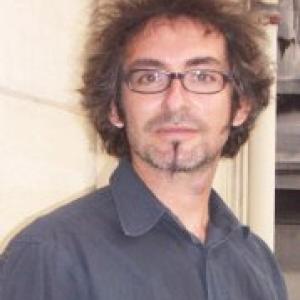 Boris Gutkin, INSERM research director, head of the Mathematics of Neural Circuits team Laboratoire de Neurosciences Cognitives Computationnelles,
has been appointed to the board of directors for the OCNS for the coming three years.
Boris Gutkin, INSERM research director, head of the Mathematics of Neural Circuits team Laboratoire de Neurosciences Cognitives Computationnelles,
has been appointed to the board of directors for the OCNS for the coming three years.
OCNS website
Learn more about Boris Gutkin
FUNDING
Charlotte Jacquemot has received funding from the Fondation Maladies Rares (Foundation for Rare Diseases)
 Charlotte Jacquemot, CNRS researcher at the NeuroPsychologie Interventionnelle (NPI) lab, has successfully obtained funding from the call for projects on the theme "Humanities and social sciences" from the Fondation Maladies Rares. She has received funding for the project "Huntington’s and Language: using language as a marker for Huntington’s disease to improve diagnosis and treatment".
Charlotte Jacquemot, CNRS researcher at the NeuroPsychologie Interventionnelle (NPI) lab, has successfully obtained funding from the call for projects on the theme "Humanities and social sciences" from the Fondation Maladies Rares. She has received funding for the project "Huntington’s and Language: using language as a marker for Huntington’s disease to improve diagnosis and treatment".
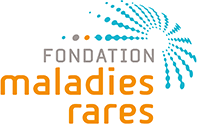 The Fondation Maladies Rares was born out of the joint desire of its founding parties to improve the research and treatment of rare diseases. It is based on a unique combination of scientific cooperation concerning all elements of research on rare diseases, with the goal of combining knowledge, encouraging synergy, and improving emerging treatments, thus benefitting patients.
The Fondation Maladies Rares was born out of the joint desire of its founding parties to improve the research and treatment of rare diseases. It is based on a unique combination of scientific cooperation concerning all elements of research on rare diseases, with the goal of combining knowledge, encouraging synergy, and improving emerging treatments, thus benefitting patients.
Fondation Maladies Rares website
Charlotte Jacquemot’s website
SPECIAL EVENT
Semaine du Cerveau 2019 at the ENS
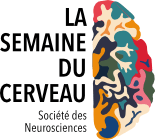 The 21st edition of the Semaine du Cerveau (Week of the Brain) will take place between March 11th and 17th. The ENS will organize four conferences (in French language) between the 12th and 15th of March, all in Salle Jaurès at 19:30. These talks are open to the general public. Registration on the associated eventbrite site.
The 21st edition of the Semaine du Cerveau (Week of the Brain) will take place between March 11th and 17th. The ENS will organize four conferences (in French language) between the 12th and 15th of March, all in Salle Jaurès at 19:30. These talks are open to the general public. Registration on the associated eventbrite site.
Website for the Semaine du Cerveau, including the complete program of events all over France (in French).
Program:
Tuesday March 12
Nura Sidarus (Postdoctoral researcher at the DEC, ENS)
Freedom viewed by neuroscience
What does it mean to be free? Normally, we feel free to make our own choices. However, our environment may influence us, without us even being aware of it! In this case, are we responsible for our actions? Come learn what cognitive neuroscience can teach us about human freedom.
Wednesday March 13
Elena Pasquinelli (Researcher associated to the DEC, ENS, member of La Main à la pâte, member of the scientific committee for national education in France)
Critical thinking: are you there?
Are we capable of critical thinking? Can we work on our critical thinking skills? But most of all, do we even know what we’re talking about when we use these words? We’ll dig into the well of cognitive science, and science generally, to get an idea.
Thursday March 14
Charlotte Jacquemot (CNRS researcher at the DEC, ENS)
Don’t point!
Pointing isn’t taught, but rather appears naturally in all children at a young age. Yet, very quickly adults teach children not to point at other people. What is the role of this gesture? Why do we prevent ourselves from pointing at others, while there is no taboo in pointing at an object? Is it simply a cultural effect, or is there some kind of neurobiological basis that can explain the difference between objects and people? In this conference, I will discuss these questions and present recent evidence from both patients with cerebral lesions and healthy subjects.
Friday March 15
German Sumbre (INSERM research director at IBENS)
Ethology: an introduction to animal behavior
This seminar will describe the principles of modern ethology which control the behavior and cognitive processes of animals and humans alike. We will focus on innate and learned behaviors and will discover the neural basis for certain behaviors.
VIDEOS
Constrain or incite? Politics and the changing of individual behavior.
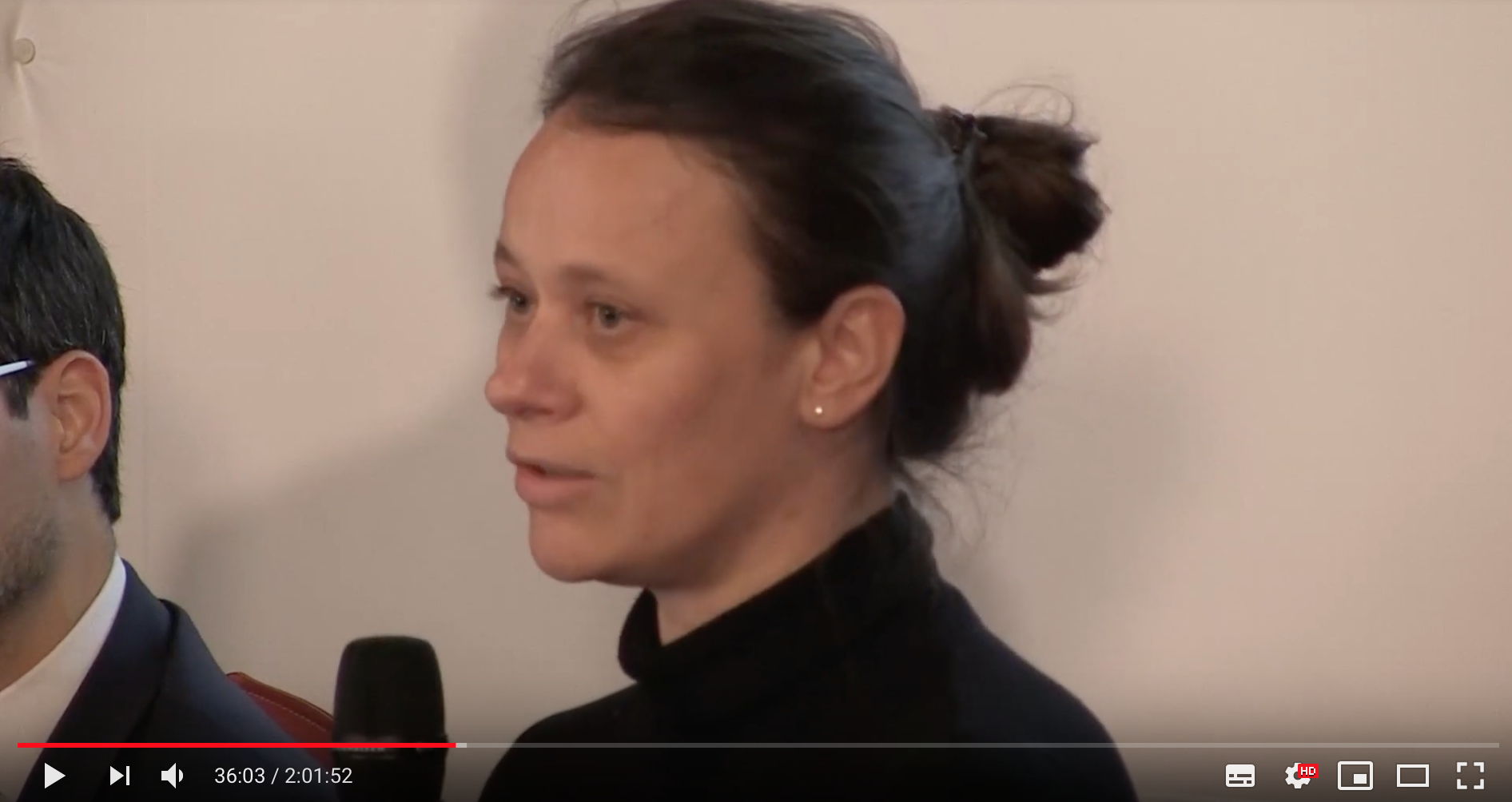 Round table organized by the Institute for Advanced Studies (IEA) of Paris as part of the Nuit des Débats (Night of Debates) series this past December. With the participation of Coralie Chevallier, researcher at the Laboratoire de Neurosciences Cognitives Computationnelles (LNC2).
Round table organized by the Institute for Advanced Studies (IEA) of Paris as part of the Nuit des Débats (Night of Debates) series this past December. With the participation of Coralie Chevallier, researcher at the Laboratoire de Neurosciences Cognitives Computationnelles (LNC2).
Watch the video (in French)
How do children learn their first language?
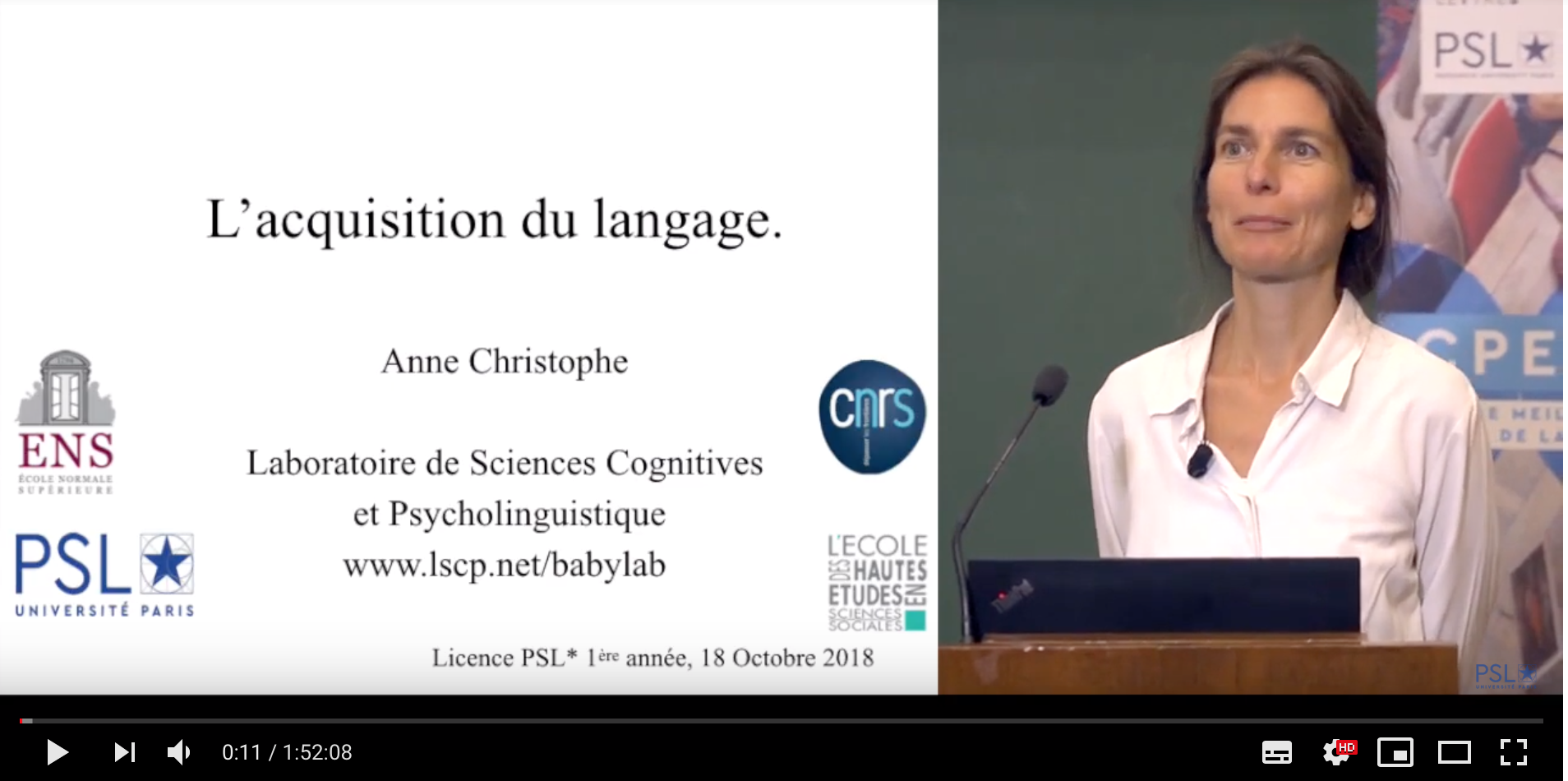 Explained by Anne Christophe, director of the Laboratoire de Sciences Cognitives et Psycholingusitique (LSCP) during the second conference of the Cycle Pluridisciplinaire d’Études Supérieures organized by PSL on October 18th, 2018.
Explained by Anne Christophe, director of the Laboratoire de Sciences Cognitives et Psycholingusitique (LSCP) during the second conference of the Cycle Pluridisciplinaire d’Études Supérieures organized by PSL on October 18th, 2018.
Watch the video (in French)
What can schools expect from neuroscience?
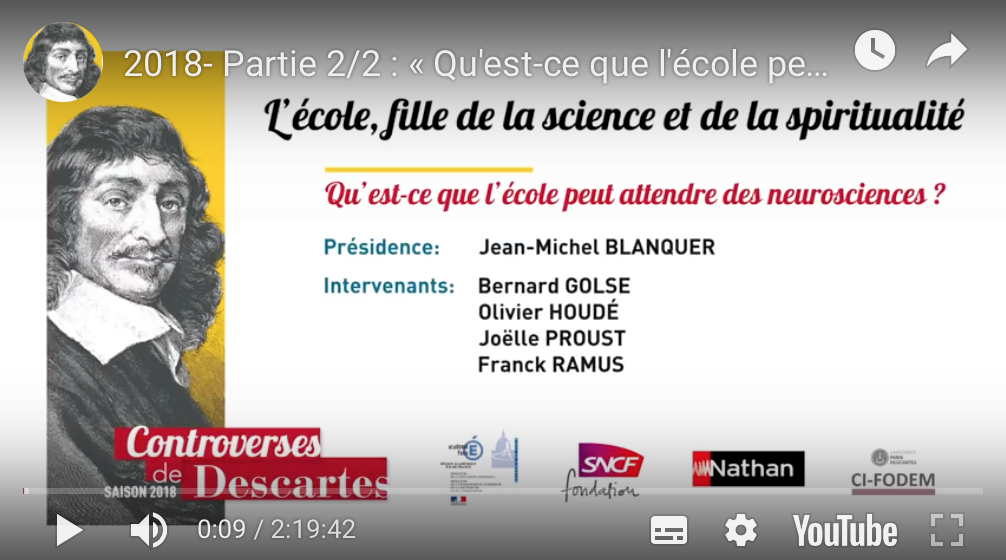 "Les controverses de Descartes" were organized in 2018 by the International Center for Tools and Training for Teachers (CI-FODEM), the Nathan publishing firm, the SNCF Foundation, and the school district of Paris with the theme "Schools, born of science and spirituality".
"Les controverses de Descartes" were organized in 2018 by the International Center for Tools and Training for Teachers (CI-FODEM), the Nathan publishing firm, the SNCF Foundation, and the school district of Paris with the theme "Schools, born of science and spirituality".
Joelle Proust, philosopher, CNRS emeritus research director and Franck Ramus, CNRS research director, member of the Laboratoire de Sciences Cognitives et Psycholinguistique (LSCP) took part.
Watch the video (in French)
MEDIAS
Is our world changing too fast?
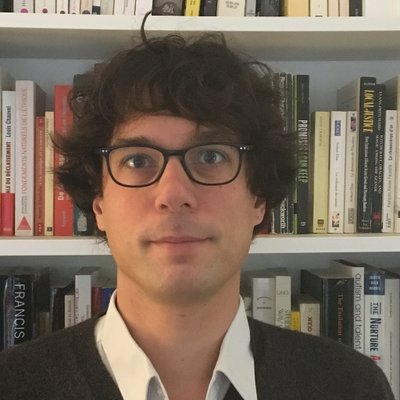 "The environment has changed too quickly for our social behaviors and our bodies generally to be well adapted to modern life". Nicolas Baumard, researcher at the Institut Jean Nicod, Science & Vie, January 2019.
"The environment has changed too quickly for our social behaviors and our bodies generally to be well adapted to modern life". Nicolas Baumard, researcher at the Institut Jean Nicod, Science & Vie, January 2019.
Read the article (in French)
Your brain is paying attention while you're sleeping
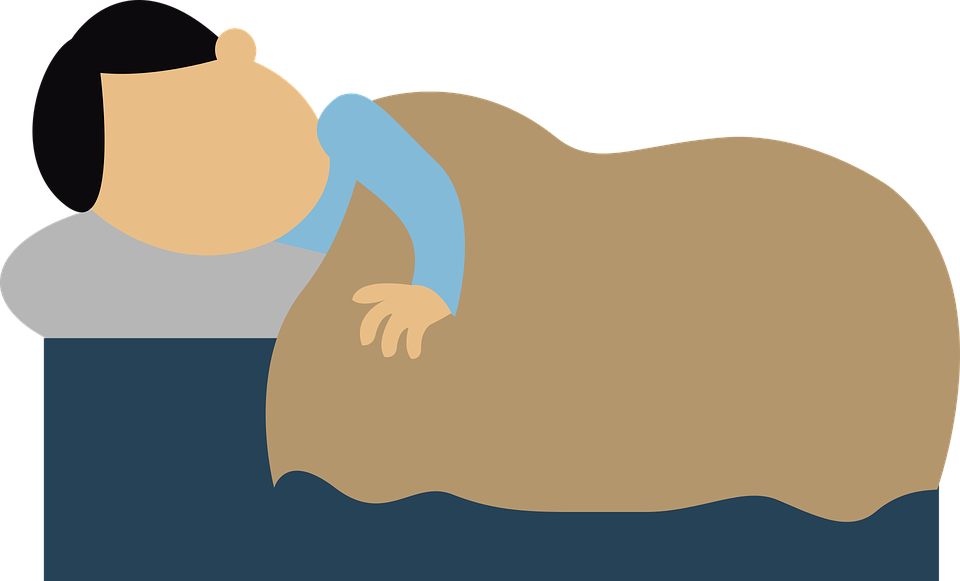 Even if you don't remember, your brain is listening. By
exposing sleepers to complex sounds, researchers from the DEC, in collaboration with Monash University (Australia), have just demonstrated that our
brain can track the sounds in its environment while we sleep, and favor the most relevant ones.
This aptitude could be one of the mechanisms that allow us to sleep in complete safety and wake up at the right moment.
The study has been published in Nature Human Behaviour on January 2019.
www.vice.com - January 2019.
Even if you don't remember, your brain is listening. By
exposing sleepers to complex sounds, researchers from the DEC, in collaboration with Monash University (Australia), have just demonstrated that our
brain can track the sounds in its environment while we sleep, and favor the most relevant ones.
This aptitude could be one of the mechanisms that allow us to sleep in complete safety and wake up at the right moment.
The study has been published in Nature Human Behaviour on January 2019.
www.vice.com - January 2019.
Read the article
SOME RECENT PUBLICATIONS
Paul Égré (2019), Qu’est-ce que le vague?, Vrin - Chemins Philosophiques.
Résumé :
La plupart des termes du langage ordinaire sont vagues, au sens où les règles de leur usage ne permettent pas de leur assigner une limite d’application claire et déterminée. À partir de quelle taille peut-on dire d’un individu qu’il est grand? Quelle quantité d’une grandeur suffit à dire « beaucoup »? Il ne semble pas exister de réponse bien définie à ces questions. La frontière semble inévitablement floue et variable selon le contexte et le locuteur. Le vague a été mis en évidence dès l’Antiquité avec le paradoxe du tas de blé, ou sorite, qui demande combien de grains de blé sont requis pour faire un tas. Loin d’être un simple cas d’école, le vague est un problème courant qui affecte la signification des catégories juridiques (à quel moment un fœtus devient-il une personne?) mais aussi scientifiques (quelles propriétés font d’un corps céleste une
planète?).
L’objet de ce livre est d’expliquer la nature et l’origine du vague dans le langage. Il vise notamment à élucider la question de savoir si le vague est une forme d’ignorance de faits déterminés, ou s’il s’agit d’un phénomène distinct, inhérent à la constitution du sens linguistique.
Paul Egré, Benjamin Icard (2019), Lying and vagueness. In Jörg Meibauer(Eds.),
The Oxford Handbook of Lying, Oxford University Press
Résumé :
This handbook brings together past and current research on all aspects of lying and deception, with chapters contributed by leading international experts in the field. We are confronted daily with cases of lying, deception, bullshitting, and 'fake news', making it imperative to understand how lying works, how it can be defined, and whether it can be detected. A further important issue is whether lying should always be considered a bad thing or if, in some cases, it is simply a useful instrument of human cognition. This volume is the first to offer a comprehensive and up-to-date exploration of these and other issues from the combined perspectives of linguistics, philosophy, and psychology. Chapters offer precise definitions of lying and its subtypes, and outline the range of fields in which lying and deception play a role, from empirical lie detection and the acquisition of lying to its role in fiction, metaphor, and humour. They also describe the tools and approaches that are used by scholars researching lying and deception, such as questionnaire studies, EEG, neuroimaging, and the polygraph.
The volume will be an essential reference for students and researchers in a range of fields who are looking to deepen their understanding of all aspects of lying and deception, and will contribute to establishing the vibrant new field of interdisciplinary lying research.
Pierre O. Jacquet, Lou Safra, Valentin Wyart, Nicolas Baumard and Coralie Chevallier (2019)
The ecological roots of human susceptibility to social influence: a pre-registered study investigating the impact of early-life adversity. 6. Royal Society Open Science
Résumé :
There is considerable variability in the degree to which individuals rely on their peers to make decisions.
Although theoretical models predict that environmental risks shift the cost–benefit trade-off associated with social information use,
this idea has received little empirical support. Here we aim to test the effect of childhood environmental adversity on humans' susceptibility
to follow others’ opinion in the context of a standard face evaluation task. Results collected in a pilot study involving 121 adult participants
tested online showed that susceptibility to social influence and childhood environmental adversity are positively associated. Computational
analyses further confirmed that this effect is not explained by the fact that participants exposed to early adversity produce noisier decisions
overall but that they are indeed more likely to follow the group's opinion. To test the robustness of these findings, a pre-registered direct
replication using an optimal sample size was run. The results obtained from 262 participants in the pre-registered study did not reveal a
significant association between childhood adversity and task performance but the meta-analysis ran on both the pilot and the pre-registered
study replicated the initial finding. This work provides experimental evidence for an association between individuals' past ecology and their
susceptibility to social influence.
Guillaume Legendre, Thomas Andrillon, Matthieu Koroma and Sid Kouider (2019),
Sleepers track informative speech in a multitalker environment, Nature Human Behaviour, 2397-3374. https://doi.org/10.1038/s41562-018-0502-5
Résumé :
Sleep is a vital need, forcing us to spend a large portion of our life unable to interact with the external world. Current models interpret such extreme vulnerability as the price
to pay for optimal learning. Sleep would limit external interferences on memory consolidation and allow neural systems to reset through synaptic downscaling. Yet, the sleeping brain
continues generating neural responses to external events, revealing the preservation of cognitive processes ranging from the recognition of familiar stimuli to the formation of
new memory representations. Why would sleepers continue processing external events and yet remain unresponsive? Here we hypothesized that sleepers enter a ‘standby mode’ in
which they continue tracking relevant signals, finely balancing the need to stay inward for memory consolidation with the ability to rapidly awake when necessary. Using
electroencephalography to reconstruct competing streams in a multitalker environment, we demonstrate that the sleeping brain amplifies meaningful speech compared to irrelevant
signals. However, the amplification of relevant stimuli was transient and vanished during deep sleep. The effect of sleep depth could be traced back to specific oscillations,
with K complexes promoting relevant information in light sleep, whereas slow waves actively suppress relevant signals in deep sleep. Thus, the selection of relevant stimuli
continues to operate during sleep but is strongly modulated by specific brain rhythms.
Communiqué de presse CNRS
De Petrillo, F., Caroli, M., Gori, E., Micucci, A., Gastaldi, S., Bourgeois- Gironde, S., & Addessi, E. (2019),
Evolutionary origins of money categorization and exchange: an experimental investigation in tufted capuchin monkeys (Sapajus spp.). Animal Cognition, 1- 18.
Résumé :
Money is a cultural artefact with a central role in human society. Here, we investigated whether some features of money may be traced back to the exchange habits
of nonhuman animals, capitalizing on their ability to flexibly use tokens in dif-ferent domains. In Experiment 1, we evaluated whether capuchins can recognize
token validity. Six subjects were required to exchange with the experimenter valid/familiar tokens, valid/unfamiliar tokens, invalid tokens, and no-value items.
They first exchanged a similar number of valid/familiar and valid/unfamiliar tokens, followed by exchanges of invalid tokens and no-value items. Thus, as humans,
capuchins readily recognized token validity, regardless of familiarity. In Experiment 2, we further evaluated the flexibility of the token–food association by
assessing whether capuchins could engage in reverse food–token exchanges. Subjects spontaneously performed chains of exchanges, in which a food item was exchanged
for a token, and then the token was exchanged for another food. However, performance was better as the advantage gained from the exchange increased. Overall,
capuchins recognized token validity and successfully engaged in chains of reverse and direct exchanges. This suggests that—although nonhuman animals are far
from having fully-fledged monetary systems—for capuchins tokens share at least some features with human money.
Communiqué de presse IAST

